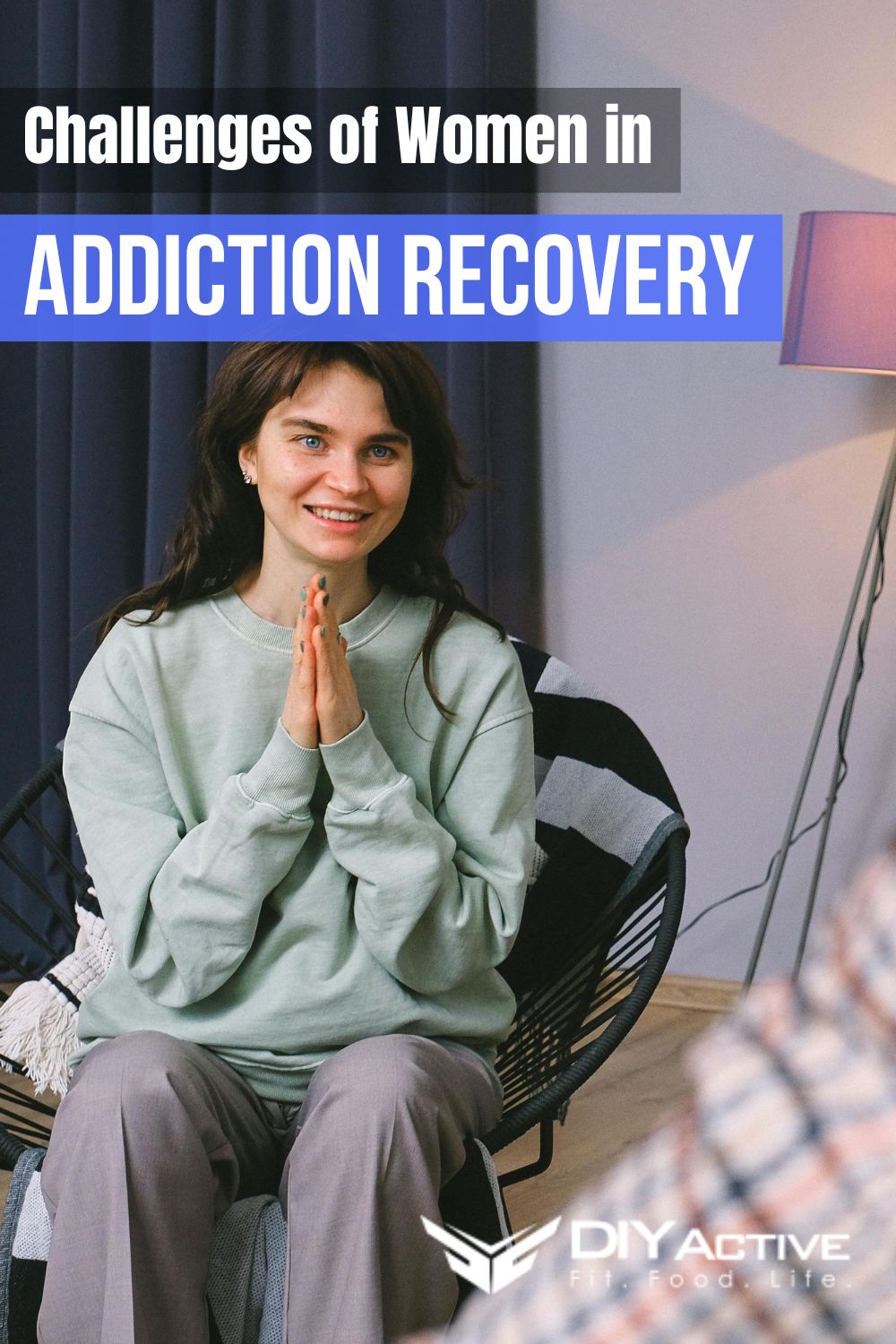
Women’s Journey to Addiction Recovery
The road to recovery from addiction is a deeply personal and often complex journey. For women, this path is strewn with unique challenges and societal expectations that can make their experience significantly different from their male counterparts.
Overcoming Unique Challenges and Societal Pressures
This comprehensive exploration dives into the intricate world of addiction recovery for women, highlighting the hurdles, societal pressures, and resilience required to navigate this tough terrain.
The Societal Lens on Women with Addiction
Society often imposes harsher judgments on women with addiction issues compared to men. The stigma associated with being a mother, wife, or professional struggling with substance abuse can amplify feelings of shame and guilt.
Women are frequently expected to maintain control over their emotions and behaviors, making it more difficult to seek help openly without fear of judgment or repercussions in their personal and professional lives.
This societal lens not only affects how women are perceived but also influences their willingness to access treatment. Breaking down these barriers begins with changing the narrative around women and addiction, promoting a more compassionate and supportive environment that encourages recovery without stigma.
The Impact of Nutrition on Recovery
Physical health plays a crucial role in the recovery process. For women, the impact of addiction on physical health can be profound, often requiring specific nutritional interventions to restore balance and promote healing. The role of nutrition in alcohol recovery is pivotal as it helps to repair organ damage, boost energy levels, and stabilize mood swings, which are critical for maintaining sobriety.
Incorporating a balanced diet rich in vitamins, minerals, and antioxidants can significantly aid the recovery process. Nutritionists and recovery programs increasingly emphasize the importance of tailored dietary plans that support the unique physiological needs of women recovering from addiction.
Emotional and Psychological Challenges
Women are more likely to experience co-occurring mental health disorders such as anxiety and depression alongside addiction. The intersection of mental health and substance abuse requires a dual approach to treatment, addressing both issues simultaneously for effective recovery.
Therapeutic interventions like cognitive-behavioral therapy, mindfulness practices, and trauma-informed care are essential. These approaches help women address underlying issues that contribute to addiction, equip them with coping mechanisms, and foster a deeper, more profound understanding of their emotional and psychological landscapes.
The Role of Community and Support Networks
The support of a community can be a lifeline in recovery. Women benefit greatly from networks that provide empathy, understanding, and shared experiences. Support groups specifically designed for women can offer a safe space to discuss sensitive issues like domestic abuse, parenting challenges, and societal pressures, which might not be as comfortably addressed in mixed groups.
Building a strong, supportive community also involves family and friends who play an essential role in providing love, encouragement, and practical assistance during the recovery process.
Balancing Recovery with Family Life
Many women in recovery are also caregivers, which introduces complex dynamics in managing treatment and family responsibilities. The challenge lies in balancing the demanding tasks of recovery with the equally demanding responsibilities of motherhood or being a partner.
Programs that offer family therapy, childcare, or parenting classes can be incredibly beneficial. These services allow women to engage fully in their recovery journey without neglecting their family roles, ensuring a holistic approach to healing.
Choosing the Right Rehab Facility
Finding a rehabilitation facility that caters specifically to women’s needs is critical. These facilities should not only understand the biological and psychological differences in addiction treatment between genders but also provide a supportive environment that respects privacy and promotes healing.
When considering rehab options, look at centers in various U.S. cities to find the best fit. Places like Boston, Austin, and Denver offer reputable programs. Sometimes, traveling to serene locations is more conducive to healing.
California is a popular option, so heading to a San Diego or Newport Beach rehab center for women is worth considering. This breadth of choice empowers women to select a facility where they feel most comfortable, optimizing their recovery outcomes.
Wrap-Up
The journey of recovery for women dealing with addiction is fraught with unique challenges that require targeted approaches and understanding. By addressing the societal, nutritional, emotional, and familial aspects of recovery and by ensuring access to supportive and specialized care, we can pave a path toward successful long-term sobriety for women. The journey to sobriety is not just about overcoming addiction but about reclaiming a life of fulfillment and possibility.
Photo by SHVETS production
Photo by Julia Avamotive



